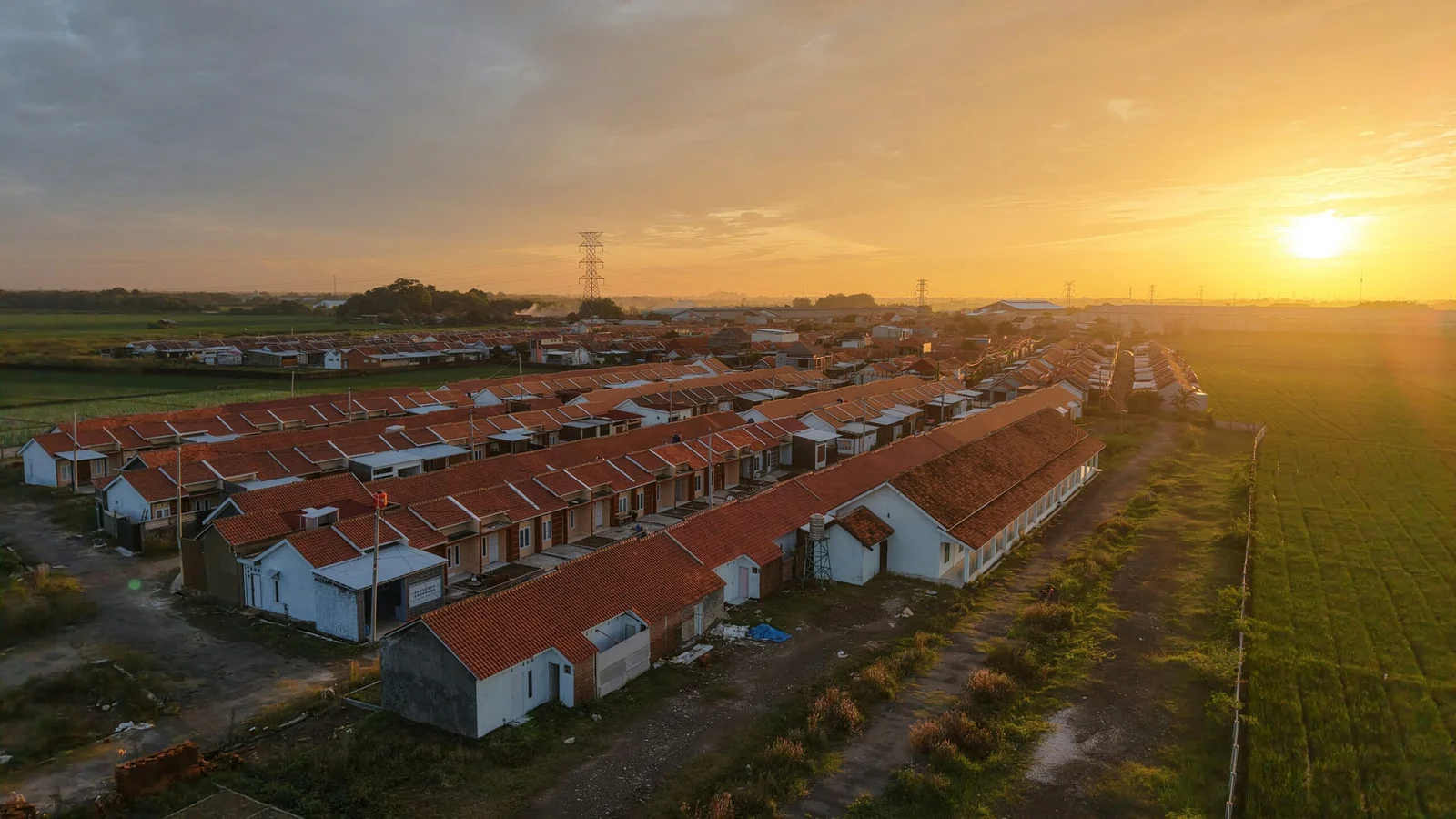1. Introduction: Understanding the Doge HHS Migrant Housing Contract
The Doge HHS migrant housing contract has become a focal point in recent discussions around U.S. immigration policy, federal spending, and private-sector involvement in humanitarian care. As the U.S. Department of Health and Human Services (HHS) continues to manage the influx of unaccompanied migrant children, this high-profile contract with Doge—a relatively lesser-known entity—has raised questions about oversight, transparency, and effectiveness. Understanding the details behind this agreement is essential for grasping its broader impact on migrant welfare and government accountability.
2. What Is the Doge HHS Migrant Housing Contract?
The Doge HHS migrant housing contract refers to a federal agreement between the U.S. Department of Health and Human Services (HHS) and Doge, a private company tasked with providing temporary housing and support services for migrant children. This contract is part of a larger initiative by HHS to ensure that unaccompanied minors arriving at the U.S. border are placed in safe, regulated environments while their immigration cases are reviewed. Doge was selected to manage facilities designed to house, feed, and provide medical and psychological care to these children.

While Doge may not be a household name, its rapid rise into the federal contracting spotlight has prompted interest from watchdog groups, journalists, and policymakers alike. The contract represents a significant investment of taxpayer dollars, with estimates reaching into the hundreds of millions. This has intensified scrutiny over Doge’s operational capabilities, ethical standards, and compliance with child welfare regulations. As a result, the doge hhs migrant housing contract is being closely monitored as a case study in the privatization of humanitarian services.
3. Why This Contract Matters: Humanitarian and Political Implications
The Doge HHS migrant housing contract goes far beyond logistics and paperwork—it touches directly on human lives and ethical responsibility. At the heart of the contract is the urgent need to shelter thousands of migrant children who arrive alone at the U.S.-Mexico border. These children, often fleeing violence or poverty, require not only food and shelter but also trauma-informed care and legal assistance. Critics argue that outsourcing these sensitive services to private firms like Doge raises concerns about whether profit motives may compromise care quality.
Politically, the contract has become a lightning rod in debates over immigration reform, government spending, and accountability. While some lawmakers view the Doge contract as a necessary response to an overwhelmed system, others see it as emblematic of a deeper systemic failure to create long-term solutions. The use of emergency funds and no-bid contracts has also drawn criticism, with watchdogs demanding more transparency. As the situation continues to evolve, the doge hhs migrant housing contract remains central to discussions about how America handles its most vulnerable newcomers.

4. Financial Scope and Contractual Details
The doge hhs migrant housing contract involves a substantial financial commitment from the federal government, with funding allocated to cover housing, meals, healthcare, and security services for thousands of migrant children. The contract’s value runs into the hundreds of millions of dollars, reflecting the urgent scale of the humanitarian response. Key contractual terms emphasize rapid facility readiness, compliance with health and safety standards, and detailed reporting requirements. However, the size and speed of this contract have raised concerns about oversight and cost efficiency, making its financial scope a critical point of public and governmental scrutiny.
5. Stakeholders Involved and Their Roles
Several key stakeholders play vital roles in the doge hhs migrant housing contract, including the Department of Health and Human Services (HHS), Doge as the primary contractor, and various subcontractors providing on-the-ground services like healthcare and security. Additionally, advocacy groups and local communities are deeply involved, often monitoring the conditions and pushing for improved standards. This network of participants highlights the complexity of managing migrant housing at scale and underscores the importance of cooperation and transparency in fulfilling the contract’s goals.
6. Public Response and Media Reactions

The doge hhs migrant housing contract has sparked a wide range of public and media reactions, from support for addressing a humanitarian crisis to sharp criticism over transparency and contract management. News outlets have highlighted both successes and shortcomings in Doge’s operations, while advocacy organizations continue to call for increased oversight. This mixed response reflects the broader national debate on immigration policy and government accountability, making the contract a highly scrutinized and politically sensitive topic.
7. Conclusion: The Future of Migrant Housing Through Doge HHS Contracts
The doge hhs migrant housing contract represents a critical, yet complex, effort to provide shelter and care for vulnerable migrant children during a challenging time. While it highlights the government’s commitment to addressing urgent humanitarian needs, it also exposes important questions about oversight, transparency, and the role of private contractors in public services. Moving forward, the lessons learned from this contract will be essential in shaping more effective and compassionate migrant housing solutions.
FAQs
1. What is the Doge HHS migrant housing contract?
It is a federal agreement where the U.S. Department of Health and Human Services contracts Doge to provide housing and care services for unaccompanied migrant children.
2. Why has the Doge contract received public attention?
Because of its large financial scale, rapid implementation, and concerns over transparency and the quality of care provided.
3. How does Doge support migrant children under this contract?
Doge manages facilities that offer shelter, food, medical care, and psychological support for migrant children during their immigration process.
4. What challenges are associated with the Doge HHS migrant housing contract?
Challenges include ensuring proper oversight, maintaining high care standards, and balancing humanitarian needs with operational efficiency.

Leave a Reply